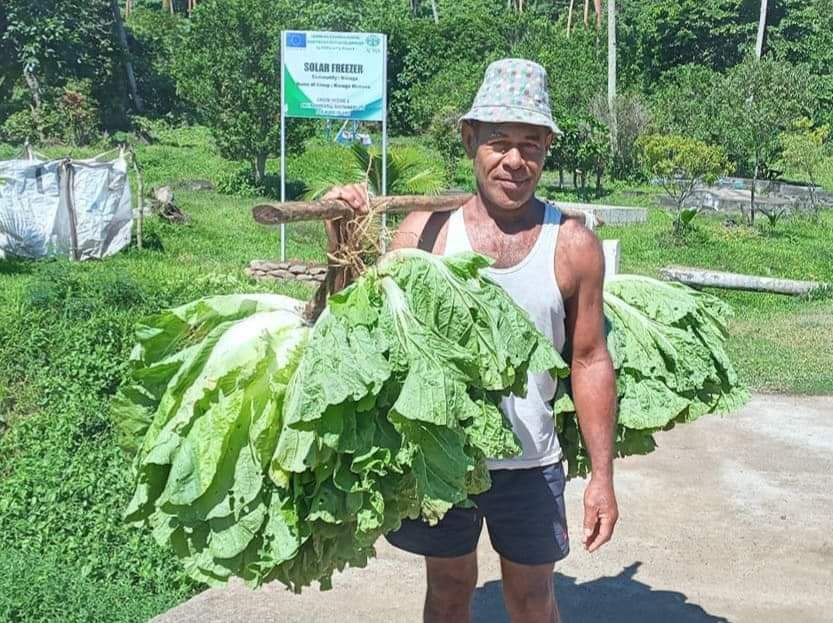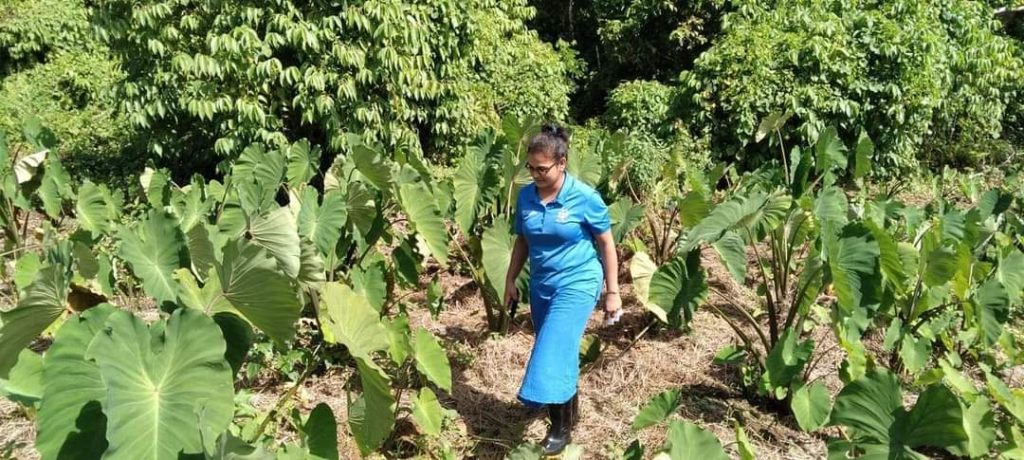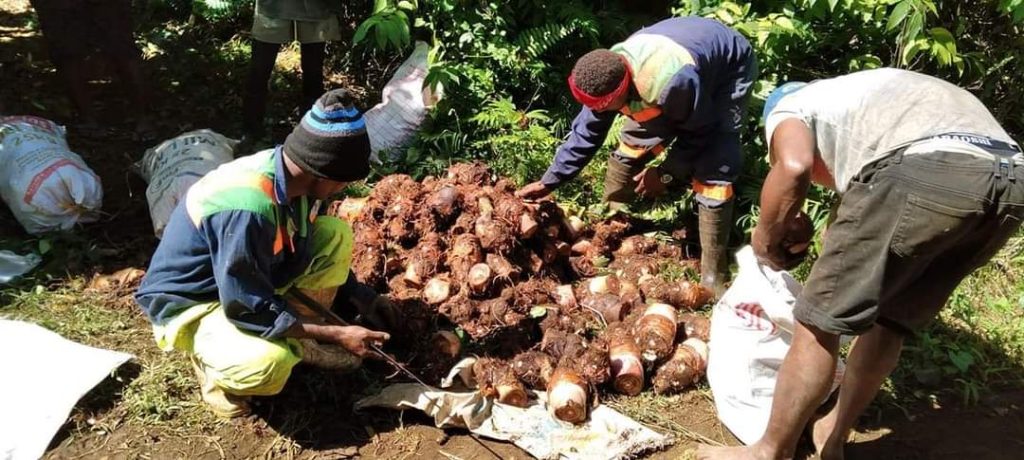
On Koro Island, it is evident that agricultural development is critically important to improving food security and nutrition for the people. It is now thriving with agricultural activities 6 years after the dreadful Category 5 Tropical Cyclone Winston that caused widespread destruction claiming lives in the process.
For the past 3 years, the Adventist Development and Relief Agency (ADRA) Fiji has been on the ground to help with the development and restoration of the island through its Learning Environmental Adaptation and Development (LEAD) project focused on climate change adaptation and mitigation community-centred actions with emphasis on capacity building for climate smart agricultural techniques and diversified green income generation activities. Use of the renewable energy sources such as the biodigesters and the solar irrigation has also saved a lot of costs for us with the fuel price up, we are able to practice climate mitigation and we can see the increase in the production of crops within a shorter period of time.
Through the project, four demonstration farms for the farming clusters on the island were set up whereby smart agriculture and organic farming practice, as learned from the Climate Smart Agriculture training exercises conducted, were put into practice for food security and sustainable livelihood. Sale of these products had been helping in boosting the local Koro economy.
This has proven successful with the increase in the quantity and diversity of food; driving economic transformation; and providing the primary source of income for many on the island. Recently, the collective effort of ADRA Fiji with the Nabuna community came into fruition with the harvest of 200 dalo plants from their demo farm that was sold to a local exporting company.
Samuela Veitala, 35, of Nabuna said the money received would benefit his family of 5 from the rising cost of living. The abundance of variety of vegetables on the island was evident during the COVID-19 lockdown when the island was never affected despite the shortage of supplies from the mainland during the restricted movements.
Harvest of their nutritious vegetable supplies were also sold on the island and also brought over to Viti Levu to feed their families and relatives who were greatly impacted.
Isikeli Cawanikawai, 60, of Tuatua Village and a member of the Dewala Farming Cluster, said they are thankful to the timely and long term intervention to the people of Koro.
“Since the second COVID-19 outbreak on April 17, people on the island have been able to address food security during the lockdown, generating economic activity and improving their livelihood.” “But overall, Koro is now stable and is food secure and the economic activities on the island is booming with available market for our produce and a sustainable livelihood.”
“We put aside money for the cluster and the rest was shared amongst us to meet our basic needs like sugar, soap and other daily necessities,” Mr Veitala said. “We will no longer have to buy dalo suckers now as we have them available after the harvest and also from the regrowth,” Silio Rataku, 36, said. “The need for the farmers is met from the dalo suckers that were produced by the ADRA Demo Farm. It will benefit more than 15 dalo farmers in Nabuna.” With the provision to the Nabuna Farming Cluster of 4000 dalo tops (tausala) to complement the trainings conducted.
More than 3000 people are directly benefiting from this LEAD project funded by the European Union, ADRA Germany and ADRA Austria.



